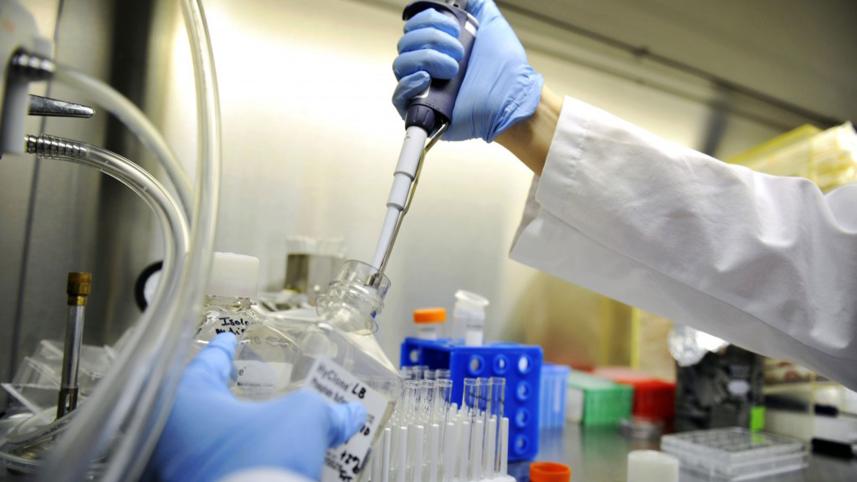Many researchers but hardly any labs

An investigative report in this paper has revealed a dismal scenario of the state of health research in the country. At a time when scientific research on viruses and other pathogens, immunology, vaccine development and biotechnology is so crucial especially in the wake of the Covid-19 pandemic, we learn that hundreds of graduates of biological science and technology graduates do not have any proper laboratories to work in, in order to apply their specialised knowledge. It is unfathomable that in all these years we are at a stage where scientific research is given so little priority with scholars of science not having proper research facilities because of lack of funding, equipment and maintenance of existing labs. In a country that is so frequently assaulted by a volley of lethal diseases and is now being ravaged by Covid-19 can we afford such apathy to research?
There are at least 19 public and private universities offering graduate and post-graduate courses in various bio-science subjects but lab facilities are far from adequate. Labs require special pathogen protection mechanisms and have to be built with expert knowledge in mind, which is not the case in many of these facilities.
While curriculum is comprehensive and rigorous students are faced with a stumbling block when it comes to the lab set up which is far from adequate for their research. In Dhaka University, for example, the existing laboratory does not have the necessary safety level for research on contagious live viruses such as Ebola, dengue or Covid-19.
Experts have pointed out that fund shortage is a big impediment to research as reagents and instruments, maintenance of equipment, keeping labs certified and accredited are expensive, leaving very little money for the other aspects of research. Budget allocations for research in public universities has always been very low. The dearth of trained personnel to maintain and certify biosafety cabinets and equipment also is a huge obstacle to research in bio-sciences.
The suggestion of pharmaceutical companies supporting laboratories in institutes where researchers will work on pathogens, drugs, vaccines, etc. which will ultimately benefit the industry should be explored. Government hospitals and medical institutes can employ microbiologists, biotechnologists, pharmacists and molecular biologists so that there is active collaboration between physicians and researchers. It is surprising that this has not been done so far.
Universities on their part must reform their curriculum that gives more emphasis on product oriented research. This will reduce the country's dependence on foreign research and import of pharmaceutical ingredients needed to develop drugs.
Investing in biological science research is the need of the hour. We have the required pool of researchers who are ready to apply their expertise. All we need to do is facilitate the process through bigger research budgets for proper, safe laboratories, financial support from industry and a strong commitment from our government to promote research in bio-sciences in every possible way.



 For all latest news, follow The Daily Star's Google News channel.
For all latest news, follow The Daily Star's Google News channel.
Comments